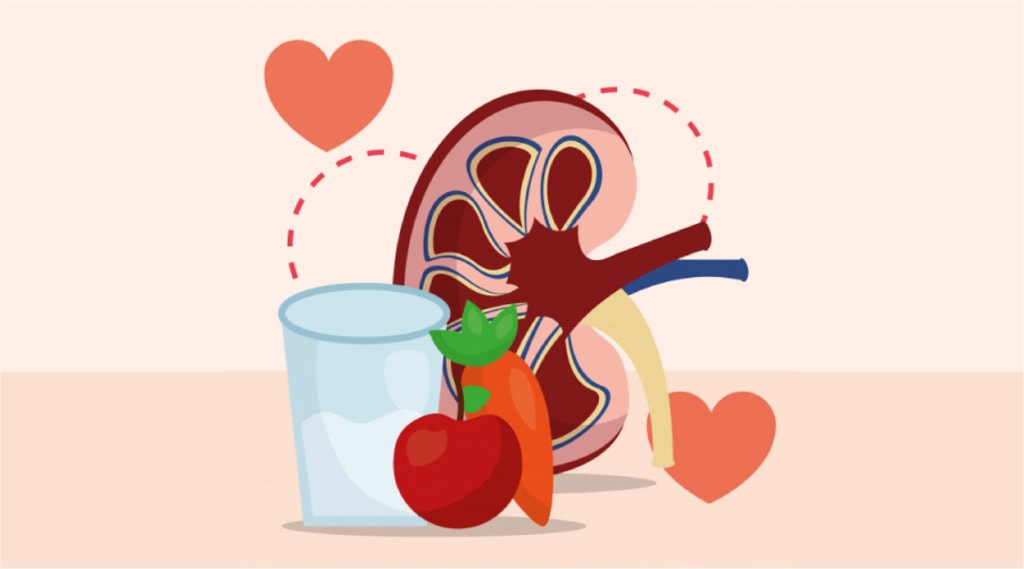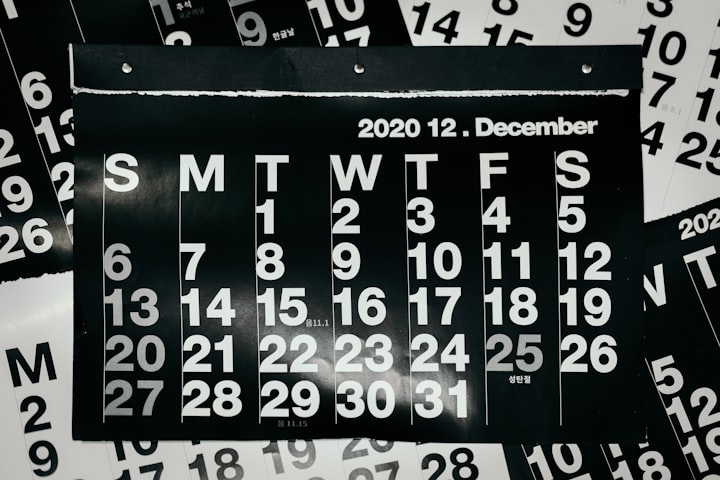How Well Your Kidneys Function
How Pure Is Your Blood?

Every wonder how the body flushes out toxins and excess water while filtering the blood? The kidneys are an integral part of the endocrine system, they screen the body for excess toxins, balance the pH, blood pressure, neutralize alcohol and monitor the body's fluid intake and secretion. Waste blood enters through the renal artery and exits as two clean components which include clean filtered blood through the renal vein, and liquid waste that gets transported to the bladder where it can diffuse more to help balance fluids in the bladder through the ureter. The important thing to note here is that the kidneys purify the blood and remove waste by excretion of fluids in a ureic compound that mostly consists of subatomic particles such as the ions known as electrolytes. These diffuse and uptake back into the blood to balance the body’s current condition. There are three pathways blood take before exiting the kidneys. These three pathways include 1) recycled waste blood, 2) clean blood, and 3) urine composed of mostly fluid. Within the kidneys lie capillary crossings of microtubules filled with blood that separate, sort and strain the blood before choosing the directions these mixtures will flow. Within each section lies a Bowman's Capsule that regulates a Glomerulus, and within these are loops of Nephrons that differentiate where everything will go. Here's a roadmap of how everything works: 1) blood with waste enters through the Artery, this blood is cleaned and then blood without waste exits through the vein, liquid urine goes straight to the bladder via the ureter and collecting duct. Arteries contain always filled oxygen-rich bright red blood, arteries carry oxygen-rich blood away from the heart and veins carry oxygen-depleted blood back to the heart. Each kidney contains about one million Nephrons known as tiny filtering centers that clean the blood, these compose the primary function of the kidneys. When the body is neglected renal disease occurs which impairs how well the endocrine systems can perform these tasks. Chronic kidney disease is usually caused by hypertension, high blood pressure, toxic blood from any excess of oxidizing factors which include too much medication, diabetes, high cholesterol and blood toxicity caused by excess electrolytes or alcohol consumption. When these benefactors persist they put a strain on how well the blood is filtered. Some complications include: frequent urination, alcohol poisoning, and acid corrosion caused by too much sugar consumption. The best ways to improve these factors are by eating a clean plant-based diet and limiting stress by incorporating aerobic exercise, in other words diet and exercise cures all, as well as incorporating a daily multivitamin and fish oil supplement. In the case of morbid obesity where adipose tissue is in excess, there is usually a buildup for lack thereof disposal of fat molecules and this is where one can develop fatty kidneys. Think, too much soda and sugar. Malnutrition and poor dietary choices can cause a buildup of unwanted substances known as carcinogens to the body; these include excess preservatives, nitrates, and phosphates, smoking and its substituents, and free radicals usually caused by oxidizing agents in other words alcohol (containing hydroxide). A high protein diet may also cause painful kidney stones that may develop. Kidney stones are relieved through urinary retention medications, narcotics, nonsteroidal anti-inflammatory drugs, and/ or all of these including diuretics. The best treatment plan is one that supports lifelong sustainability which will in turn increase life expectancy and decrease the morbidity rate and complications related to renal injuries or kidney disease. Let’s support our healthy system functions by striving towards achieving the best health attainable in order to sustain our optimal health!





Comments
There are no comments for this story
Be the first to respond and start the conversation.